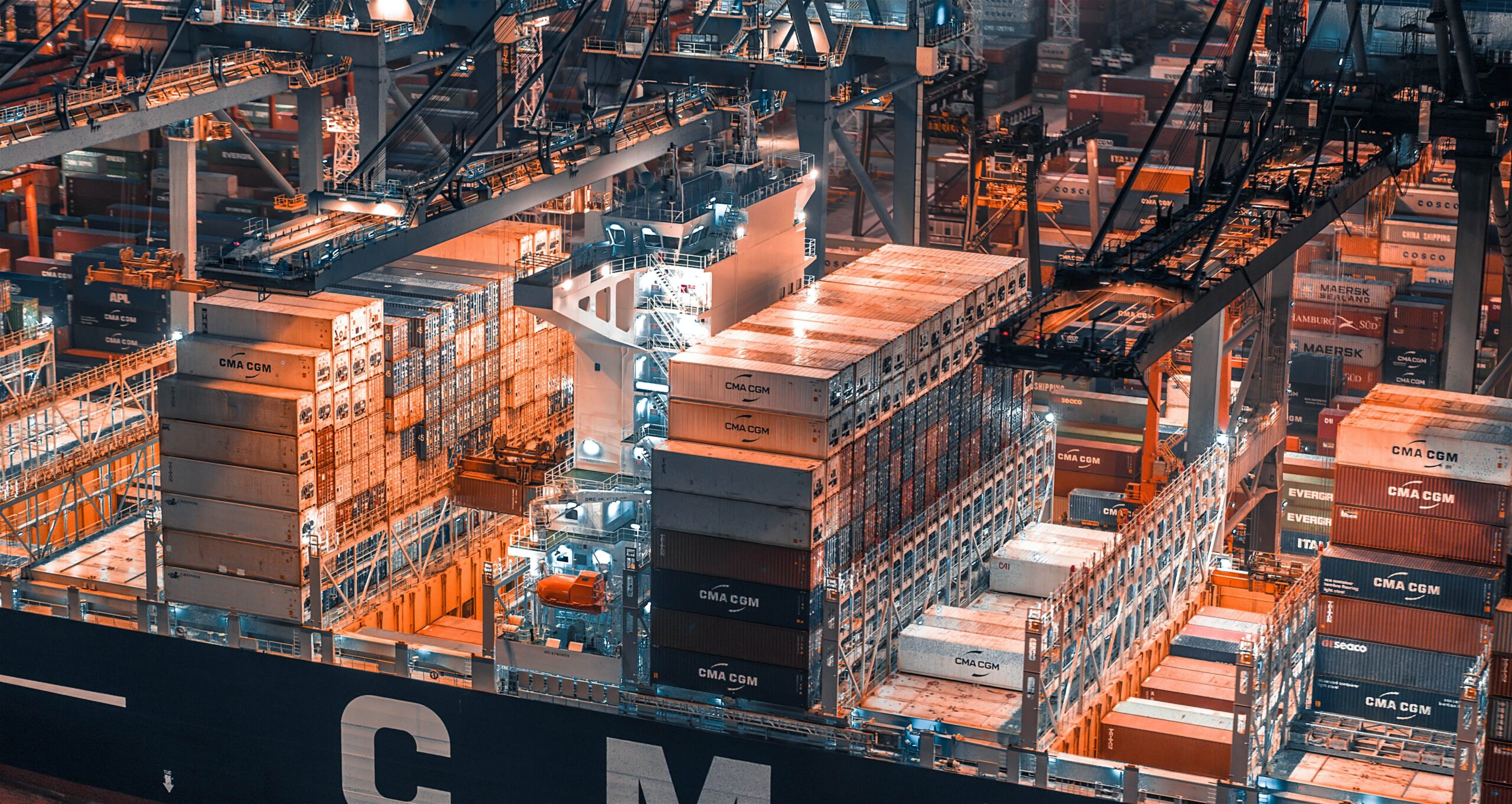A warehouse is a place where the goods are stored and will be sold or distributed later. The size of the warehouse can vary to the type of business one is in. Small businesses use spare rooms or a basement as their storage, while big firms own or rent ample space for storing goods.
The warehouse is very important to the businesses involved in manufacturing products, transporting, importing, and exporting. Having a warehouse at the right places helps reach your products to the customers on time.
Warehousing is transforming on many fronts, and firms need to be vigilant to these changes and should adapt to it
- Evolution:
-
- Warehouses are now termed as fulfillment centers
- Fast delivery, reliability, and accuracy
- Scalability as per the category of the product should be considered in fulfillment centers.
- Sortation centers have started working with speed & reliability on serviceable pin codes.
- FMCG, to maintain a balance in the ecosystem for three major drivers, i.e., high-level services, speedy delivery, & cost-effective
-
- Delivery is the key importance along with customer satisfaction
- At the same time, cost-effectiveness is also one of the key factors, and to maintain this balance, many e-commerce players are not either getting it through E-commerce partners or through a direct-to-customer model
- Managing growth to cost optimization
- Growth in E-commerce will continue, or it’s likely to be change
-
- Buying online is much faster than the traditional method of purchasing
- Industrial Warehousing will grow in the next five years due to mass shift & the majority of warehousing will be in the top 8 cities of the country since these are fulfillment centers
- Trust on Indian manufacturers in comparison to China
- Automation:
-
- It’s all about speed, reliability & accuracy, which are deciding factors for the customer; hence it’s not about the workforce, it’s about automation with accuracy.
- If the warehouse is to be used for long then the scalability option should be there; build your building for the future as per ROI
- Volumes are required to consider automation
- People are reluctant to evolve
- Design:
-
- Warehouses should be sustainable for employees
- Use solar energy to bring down the temperature of the box and to get the good prize
- Local ecosystem to make self-sustainable and people-friendly
- Developers of the warehouse should understand the expectations of Brands from the supply chain and mold themselves to fulfill the client’s requirements.
-
- The developer should understand what it will be used for and accordingly should automate ASRS, VNA equipment, multi-user, multi-equipment, material handling system.
- The developer should involve and design so that it should meet the client’s requirements & expectations.
- There should be a mandate from users to create a fulfillment center as per specifications.
- The rental charges may not have been changed, but construction & compliance charges have gone high in the last two years.
- A class warehouse will be the benchmark for tomorrow
Challenges for warehouse industry;
-
- Overcome International logistic policy
- Cost-effectiveness, grading & coding system, packaging norms, etc.
- Mapping the warehouse in country, where some are registered & some are not.
- Lack of cold chain
- The multi modern logistic park is need of the hours, huge land but poor infrastructure and that is the reason we cannot export
- Developers should focus on green building – pre-construction & post-construction
- Should quantify to the tenant for the value it will add to the office
- People are reluctant on whether it will give that much return from the tenant
- Many brands who were selling direct to customers now started a small business & doing pretty well; this will scatter the supply base.
Warehouses play a significant role in the supply chain, and warehouse firms should be flexible to mold according to the client’s requirements and ever-changing trends.
At Route2Market, we understand our client’s needs and requirements and provide custom clearance services, logistics management services, storage, warehousing, and distribution support. We also help set up an office in India or a manufacturing unit at convenient locations at affordable costs. We provide a one-stop solution to all your requirements to enter the Indian market. Optimizing the business resources with our expert knowledge.








